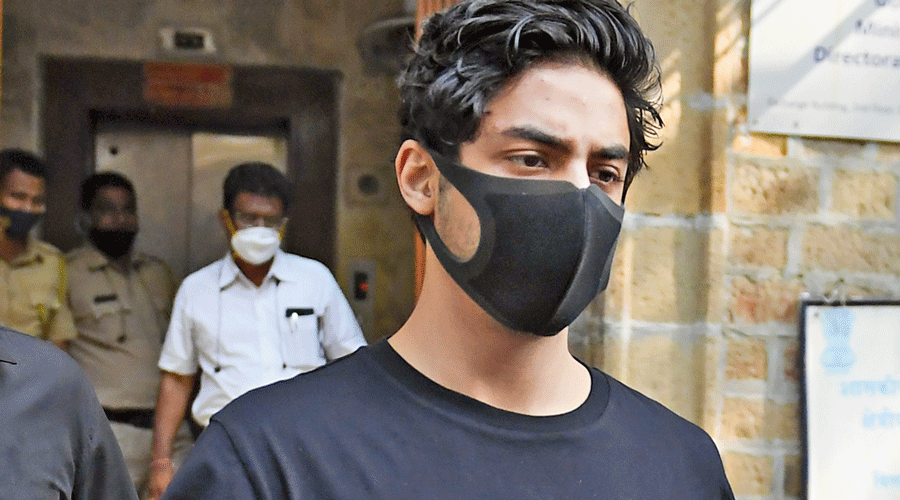The legal maxim, ‘justice delayed is justice denied’, is most commonly used to refer to instances when prosecutors and courts fail to ensure that perpetrators of crimes are brought to book within a reasonable period of time. But far too often in India, the ‘crime’ itself is concocted. The Narcotics Control Bureau last week dropped charges against Aryan Khan, in which it had accused the 24-year-old of consuming contraband drugs and conspiring to participate in the trafficking of narcotics. Mr Khan, the son of the actor, Shah Rukh Khan, was in prison for nearly a month before he received bail. The case has brought fresh attention to concerns of malicious prosecution in India where law enforcement officers and the government deliberately target individuals with fabricated or exaggerated cases that lead to much longer jail time than Mr Khan had to face. Far too often, such cases involve vulnerable individuals or communities. From a teacher and a unani doctor to an imitation jewellery store-owner, nine Muslims lost a decade of their lives battling false charges that they were responsible for the 2006 Malegaon blasts. Gujarat police arrested more than 120 Muslims in 2001 for alleged links to a banned group: they were acquitted last year after five of the men had died waiting for justice. Also in 2021, a Kashmiri man was acquitted after 11 years in prison facing terrorism charges.
To be sure, the law provides opportunities for victims of malicious prosecution to seek redress under sections of the Criminal Procedure Code, the Indian Penal Code and through civil suits. The Supreme Court awarded the former scientist of Indian Space Research Organisation, Nambi Narayanan, Rs 50 lakh in 2018 for the harassment and agony he had to endure over fake charges of espionage. The Madhya Pradesh High Court decided on a Rs 42 lakh compensation in early May for a medical student from a scheduled tribe community who spent 13 years in jail wrongly accused of murder. But in a country where more than three-fourths of the prison population consists of undertrials, these individual instances of even delayed justice against vindictive prosecution are a drop in the ocean and mask deep-seated systemic challenges. Most Indians do not have the resources or time to pursue cases against prosecutors — they would rather spend those on rebuilding their lives. By delaying hearings, overburdened courts also compound the problem. When the process itself is the punishment, the rule of law is the victim. India suffers.











